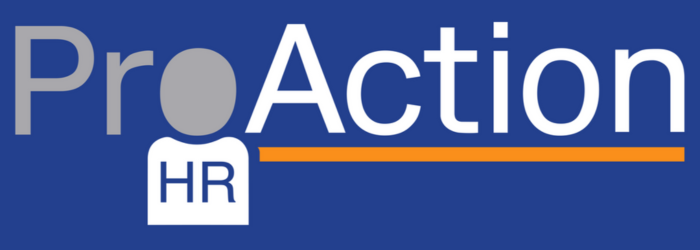Are you or your team suffering from change fatigue?
Written by Martin Nicholson, Co-Founder and Managing Consultant explores how constant change can be managed to avoid fatigue and gain a competitive advantage.
Is it just me? Or does everything seem to be going faster?
Hands up if you think the Covid pandemic was just a few months not nearly 2 years ago?
It may of course be an age thing…I am reaching a certain special birthday, but I can’t help thinking that the pace of change and the constant news has accelerated and left everyone I know with a degree of fatigue.
After all its not often you can have 3 Prime Ministers, a new monarch, a war to our East, 10% plus inflation and the threat of a global recession in the space of just 12 months. Let alone a massive societal change (work from home/hybrid/remote working).
The purpose of this article isn’t however to depress us all, but to realise and accept that the volume of change is unprecedented (sorry I couldn’t resist the 2020 word of the year here!). However, in all seriousness, the volume of change and the speed it has arrived at our doors is incredible.
According to Gartner’s Top 5 Priorities report, 53% of HR leaders identified organisational design and change management as one of those priorities, while 45% say their employees are suffering from change and uncertainty fatigue since the onset of Covid.
Back in 2016, 74% of employees were willing to change their working habits to support organisational change. By 2022 this dropped to around 38%, according to Gartner. So prioritising change management to best navigate through the current continued disruption and uncertainty is key as employee change fatigue can lead to increased staff attrition and an inability to move the business forward successfully.
As employees, leaders in business and as human beings we need to recognise the size and speed of recent change. We must be authentic – if you are nervous about a change your team will spot it, so we need to accept the change first, before we can lead our business through it, but now would not be the time to curl up into a ball and hope it will all turn out alright on the night. Instead it’s time to plan and replan, think through the worst-case scenarios for your business and your personal life and, on a more positive note, also think of the upturn and the opportunities. As we know change can be a good thing. Covid has shown that millions of people have re-appraised their lives (not just their careers) and only a proportion of those were forced.
What is key is to be ready and accepting of the need to change.
On an organisational level, businesses need to continue to look to change and reposition to suit the markets they are in/or see as their future.
Gaining commitment and buy in from employees for the need to change is the key to making it successful.
Change only becomes fatigued, in my opinion, when businesses fail to explain and to seek buy in. It’s exciting until people cannot see the potential and the opportunity and it is for leaders to ensure that authentic momentum continues. Instead introduce change in a less prescriptive way and focus on a more collaborative style where your employees are fully consulted and involved in any change process.
The next few years will test the boundaries and measures that businesses put in place to implement change. Planning and a well-equipped box of HR tools will increase employee engagement and allow for management development, business growth and, in turn, keep staff turnover to a minimum.
If you are stuck with momentum to plan and implement change within your organisation and want some support and advice we would love to hear from you.
In the meantime, keep planning, replanning and try to do it with a smile.


